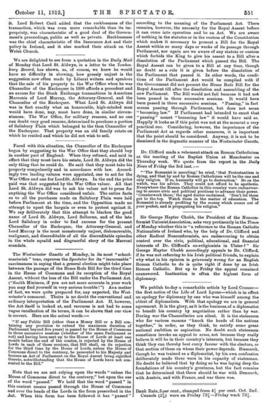Note that we are not relying upon the words "unless
the Rouse of Commons direct to the contrary," but upon the use of the word " passed." We hold that the word " passed " in this context means passed through the House of Commons and over the heads of the Lords in the form prescribed in the Act. When this form has been followed it has "passed " according to the meaning of the Parliament Act. There remains, however, the necessity for the Royal Assent before it can come into operation and be an Act. We are aware of nothing in the statutes or in the custom of the Constitution which makes it necessary to present a Bill for the Royal Assent within so many days or weeks of its passage through Parliament, nor again are we aware of any statute or custom which forbids the King to give his assent to a Bill after a dissolution of the Parliament which passed the Bill. The Royal Assent can be given to a Bill at any time, though no doubt as a rule it is given before the dissolution of the Parliament that passed it. In other words, the condi- tions of the Parliament Act would be complied with if the Government did not present the Home Rule Bill for the Royal Assent till after the dissolution and assembling of the new Parliament. The Bill would not fail because it had not been passed in three successive sessions. It would have been passed in three successive sessions. " Passing," in fact means passing through Parliament, but does not mean "becoming law." If Parliament had intended to enact that " passing " meant "becoming law" it would have said so. Happily it looks as if this point was not at the moment a very practical one. Considering, however, the importance of the Parliament Act as regards other measures, it is important that the point should be considered. Anyway, it is not to be dismissed in the dogmatic manner of the Westminster Gazette.














































 Previous page
Previous page